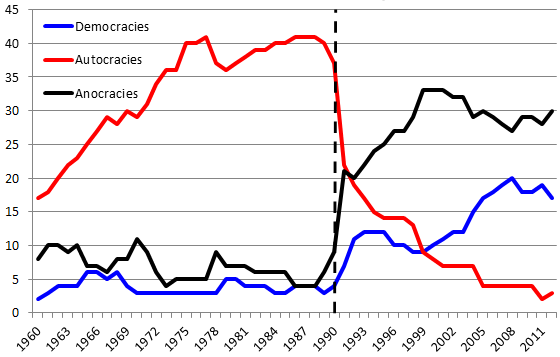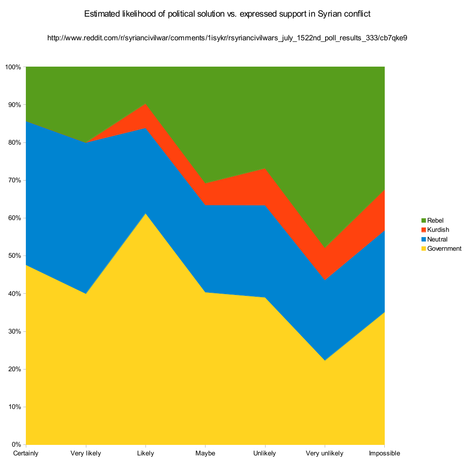Remember when I was writing about ‘hypocrisy all around‘ a few days ago ? This is what it was about… As if on cue, Le Monde revealed from unnamed sources that France operates its own mass interception infrastructure (for non-French speaking readers here is the Guardian’s paraphrasing of The World).
Le Monde’s article was of course published on the Fourth of July in honor of our American friends, thought leaders in mass surveillance.
That France had such capability at that scale had long been guessed by anyone with even a slight interest in surveillance technologies, especially since we make brisk business peddling that sort of stuff we to splendid chaps all around the world (no questions asked – don’t forget to wash your hands afterwards)… Now it is not just guesses and rumors anymore.
But, in spite of the amusingly conflicted public reactions, that is not where the real substance of Le Monde’s revelations lies : the problem with surveillance is not the capability but how it is used… And used it is : not only external intelligence but also internal intelligence and a host of other agencies who happily dip their fingers into the jam with an utter lack of adult supervision.
Is that so bad ? What about the children ? What about tax-evading Nazi terrorist pedophiles music sharers ?
Lets first remind ourselves about a basic principle : the distinct nature of external and internal intelligence. Like military and police, they handle different businesses : while the military exists to dominate designated external enemies by force, the role of police is to keep our society in working order by enforcing the law. One is only subject to the law of the strongest and whatever can be gotten away with diplomatically, the other operates encumbered by strict rules that sacrifice efficiency and sometimes even the officer’s own security for the sake of lawfulness. Again, war and law enforcement are not the same – bad things happen when cops play soldiers, as the militarization of the police forces in the USA shows.
So spying is not the activity that requires attention – as long as we manage to get away with it diplomatically… Don’t get caught ! Spying on allies will certainly complicate relationships, but managing that is what diplomacy is for. Ignorance and hypocritical reactions will be plenty but the professionals will keep balancing themselves on the tightropes of international relations, in ways perfected during thousand of years of practice. This is not what I find disquieting – don’t let the cruel world of state to state relationships distract you from the actual scandal: mass surveillance of one’s own citizen in a democratic state.
We don’t yet know the extent of the communications surveillance apparatus revealed by Le Monde – but we already know what matters most : it operates outside of any legal framework. Some would say that it makes them illegal – but no law forbids it so an unnamed boss of a French intelligence agency declared them “a-légal” instead. Isn’t that cute ? Of course, nullum crimen, nulla poena sine praevia lege poenali – but those activities may actually fall under existing law:
Code Pénal, Article 226-15 (official English translation) :
Maliciously opening, destroying, delaying or diverting of correspondence sent to a third party, whether or not it arrives at its destination, or fraudulently gaining knowledge of it, is punished by one year’s imprisonment and a fine of €45,000.
The same penalty applies to the malicious interception, diversion, use or disclosure of correspondence sent, transmitted or received by means of telecommunication, or the setting up of a device designed to produce such interceptions.
Code Pénal, Article 226-18 (official English translation) :
The collection of personal data by fraudulent, unfair or unlawful means is punished by five years’ imprisonment and a fine of €300,000
Now, The French People vs. The French State – wouldn’t that make an interesting case ?
But anyway, whether past misdeeds are prosecuted or not is not the most important point. What is essential is that we now demand proper democratic oversight. The extraordinary privileges granted for security reasons require equally extraordinary control. Secrecy matters of course, but secrecy is no reason for lack of accountability. Secrecy is not even incompatible with a strong framework of laws and regulations consistent with human rights and ensuring adequate protection of the rights to privacy and freedom of expression.
The political divide about surveillance is about whether or not the ends justify the means. I believe they don’t, or rather that those who focus on the immediate benefits of surveillance are myopic to its other effects on society. Those people by the way are well meaning – always keep Hanlon’s Razor in mind : never attribute to malice that which is adequately explained by stupidity. What it means about surveillance is that we don’t need to have intent to create a fascist regime – we can just sleepwalk into it. Let’s wake up a few people !






